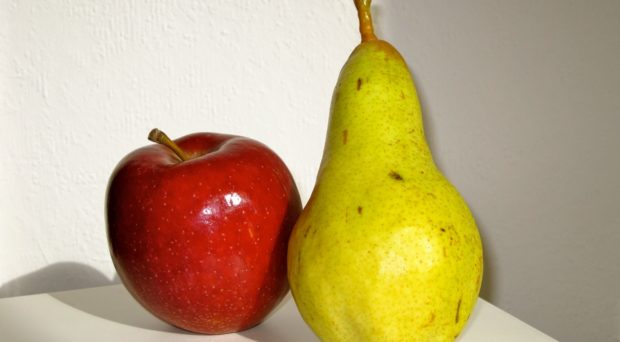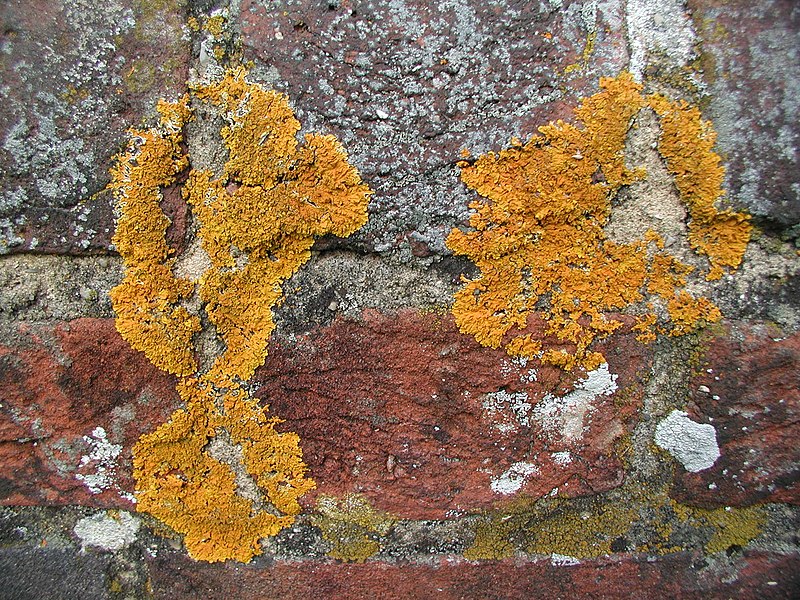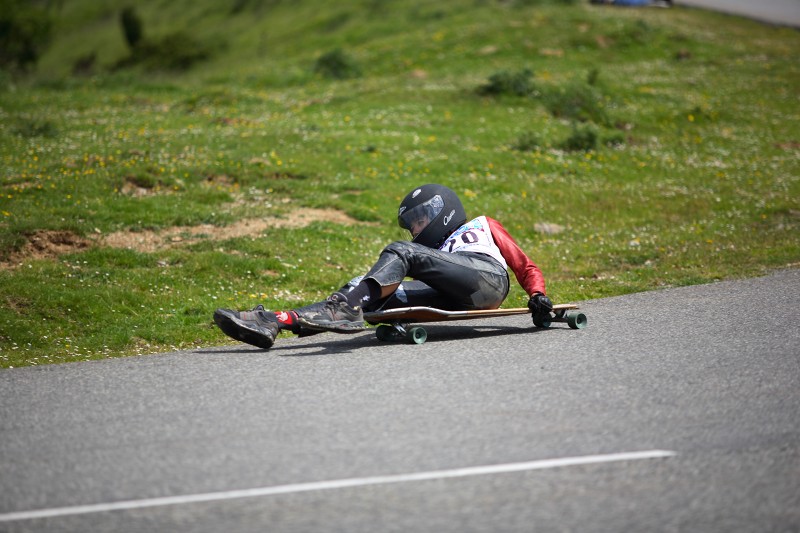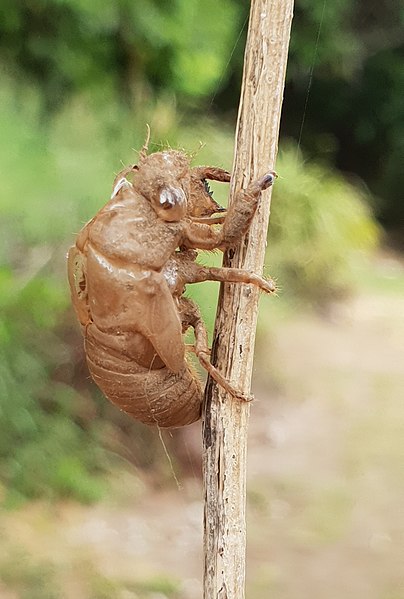I don't know, though...
...huskies?
Anyway, a dogcart was originally a small two-wheeled vehicle pulled by a single horse that used to have a section in it for transporting gun dogs. Later on, it could be any similar very light vehicle:
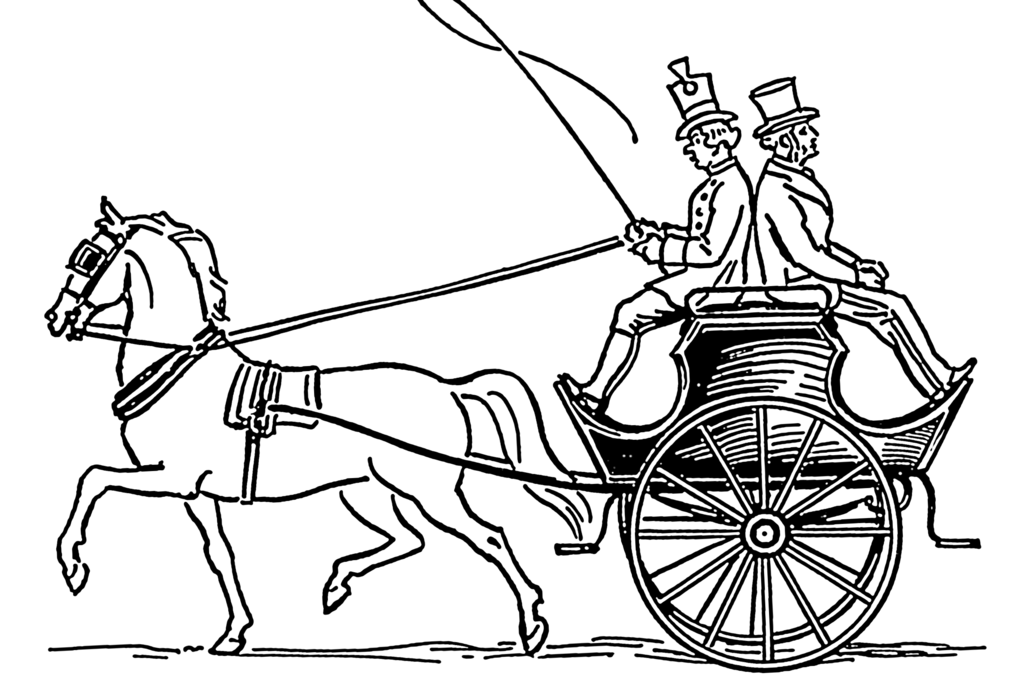
Mind you, gun dogs aren't nearly as interesting as they sound, either.
Word Not To Use Today: dogcart. The Old English form of the dog word was docga. Cart comes from the Old Norse kartr and is related to the words carriage and car.
**
I was looking for a picture to illustrate this post and came across this:

Milk sellers in Brussels, Belgium.
Now I'm feeling sorry for the dog...
